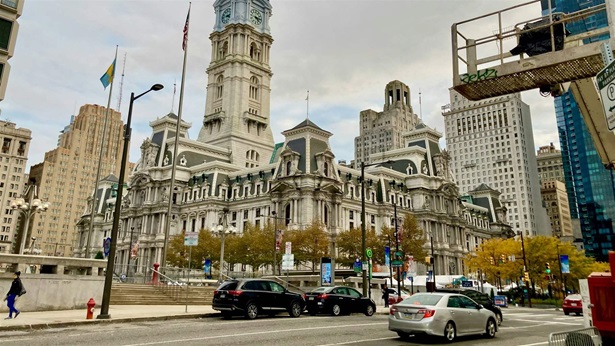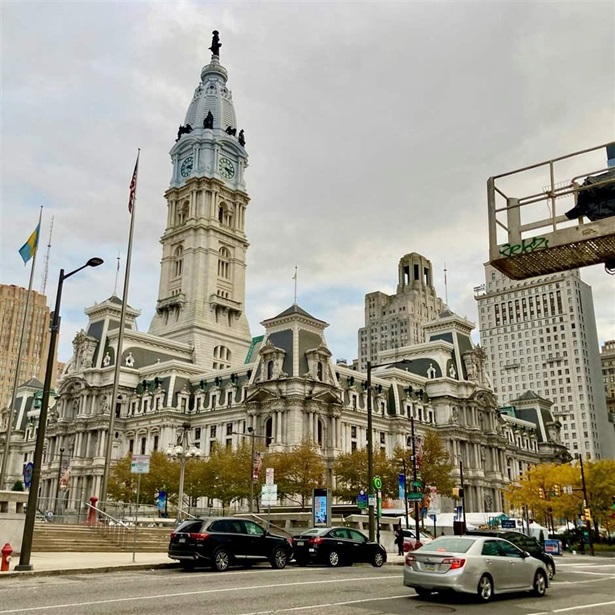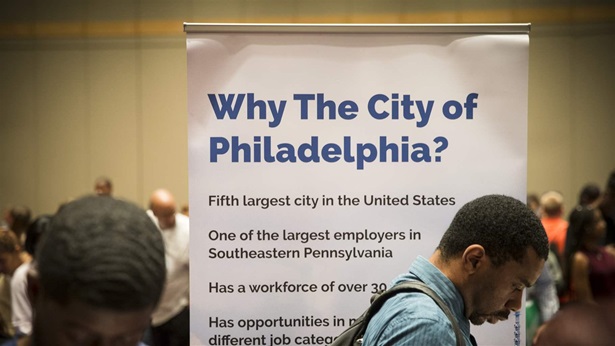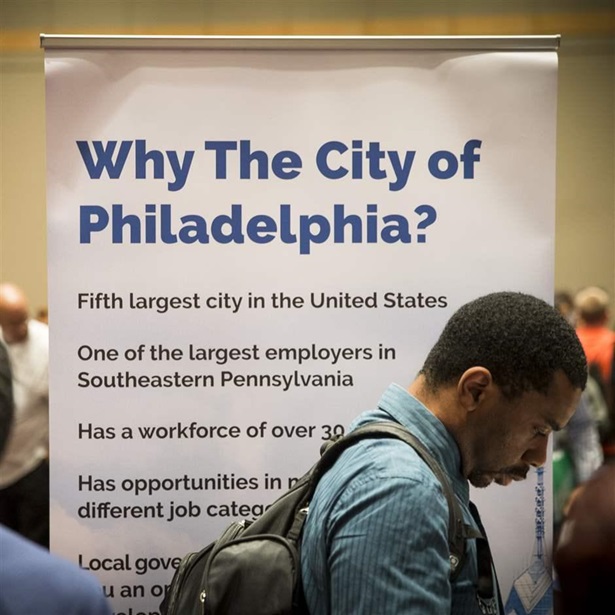Pew has analyzed several aspects of Philadelphia’s city government, including City Council operations, practices, and compensation, human resources and hiring policies, the Philly311 customer service center, workforce development programs, and the prison system. In addition, we have studied Philadelphia’s public libraries and the challenges they face in meeting changing resident demands.









